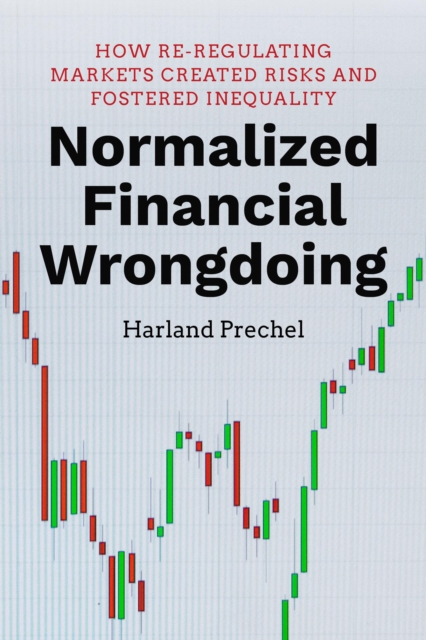CITESTE MAI MULT
Detalii
Descriere RO
Widespread wrongdoing produced the 2008 financial crisis and undermined the "bad apples" theory of corporate malfeasance. In its place arose new explanations, centered on the breakdown of corporate ethics. But relatively little has been written about the organizational, political, and legal arrangements that permitted these behaviors to emerge in the first place. In Normalized Financial Wrongdoing, Harland Prechel examines how social structural arrangements that extended corporate property rights and increased managerial control opened the door for misconduct that contributed to high levels of inequality. Beginning his analysis with the financialization of the home-mortgage market in the 1930s, Prechel shows how pervasive these arrangements had become by the end of the century, when the bank and energy sectors developed strategies to participate in financial markets. His account adopts a multi-level approach that considers the political and legal landscapes in which corporations are embedded to answer two questions: First, how did banks and financial firms transition from being providers of capital to financial market actors in their own right? Second, how did new organizational structures cause market participants to engage in high-risk activities? After demonstrating that the roots of inequality lay in social structural conditions, Prechel considers societal pre-conditions to change.
EdituraStanford University Press
Dimensiuni153 x 229 x 27
Data Publicarii24/11/2020
Format
Necartonata
Numar pagini384
Aceasta este o carte in limba engleza. Descrierea cartii (tradusa din engleza cu Google Translate) este in limba romana din motive legale.
Comportarea gresita pe scara larga a produs criza financiara din 2008 si a subminat teoria „merelor rele” a raului corporativ. In locul sau au aparut noi explicatii, axate pe defalcarea eticii corporative.

